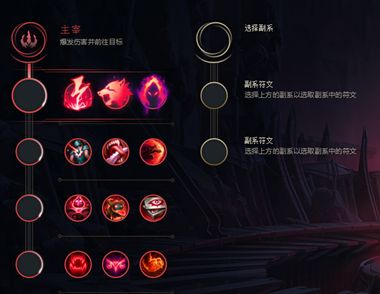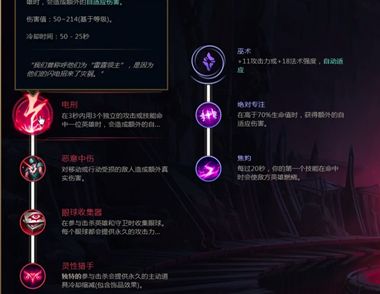在游戏开发中,有时候我们需要一个时钟来记录游戏的时间,假如时间结束则结束游戏。本文介绍如何在J2ME中使用Timer和TimerTask来实现这样一个时钟,并给出具体代码实例。
在Java.util包中有一个TimerTask类,你可以扩展这个类并且实现他的run()方法,在run()方法中编写我们的逻辑代码。假如我们想制作一个游戏时钟,那么非常简单我们编写一个GameClock类扩展TimerTask,GameClock需要维持一个实例变量timeLeft,这样我们就可以记录游戏剩余的时间了,在每次run()运行的时候把timeLeft减1就可以了。有时候我们需要始终暂停以及重新启动,这并不复杂,在GameClock中添加一个boolean类型的标记就可以了。下面给出GameClock的代码:
/*
* GameClock.java
*
* Created on 2005年7月18日, 上午11:00
*
* To change this template, choose Tools Options and locate the template under
* the Source Creation and Management node. Right-click the template and choose
* Open. You can then make changes to the template in the Source Editor.
*/
package com.j2medev.gameclock;
import java.util.TimerTask;
/**
*
* @author Administrator
*/
public class GameClock extends TimerTask{
private int timeLeft = 60;//时钟的默认时间
private boolean pause = false;
/** Creates a new instance of GameClock */
public GameClock() {
}
public GameClock(int value){
timeLeft = value;
}
public void run(){
if(!pause){
timeLeft--;
}
}
public void pause(){
pause = true;
}
public void resume(){
pause = false;
}
public int getTimeLeft(){
return timeLeft;
}
public void setTimeLeft(int _value){
this.timeLeft = _value;
}
}










